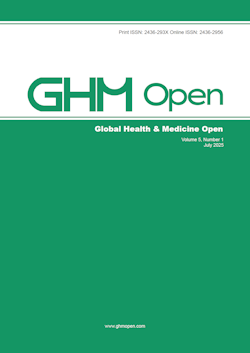Difference in clinical courses and causes of COVID-19-related deaths in hospitalized patients infected with omicron and delta variants: A retrospective study in Japan
Sakurai A, Morioka S, Tsuzuki S, Matsunaga N, Saito S, Arai N, Yamamoto N, Hara T, Hojo M, Hiroi Y, Yamada K, Ohmagari N
Despite the lower rate of severe illness associated with the omicron variant than the delta variant, more deaths have occurred among patients with mild-to-moderate COVID-19 in Japan since the omicron variant surge during the sixth wave. This study aimed to elucidate the background, clinical course, and causes of death in patients with COVID-19. We conducted a retrospective observational study on patients with COVID-19 admitted to the National Center for Global Health and Medicine who subsequently died during the delta (July–September 2021) and omicron variant outbreaks (December 2021–August 2022). Among the 20 patients who died during the delta variant epidemic, the main causes of death were pneumonia (n = 16, 80%), preadmission complications (n = 3, 15%), and complications occurring during hospitalization (n = 1, 5%). However, during the omicron variant epidemic, 7/24 patients (29%) died of pneumonia, 11 (46%) died of complications before admission, and 6 (25%) died of complications during admission. During the omicron variant outbreak, two-thirds of the COVID-19 deaths during hospitalization were not primarily caused by pneumonia, unlike the delta variant outbreak, during which pneumonia had a greater impact on mortality. As patient demographics and clinical pictures change, the establishment of medical infrastructure for patients with life-threatening comorbidities and careful monitoring of acute COVIDrelated complications are essential.







